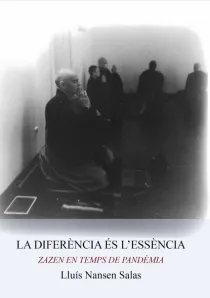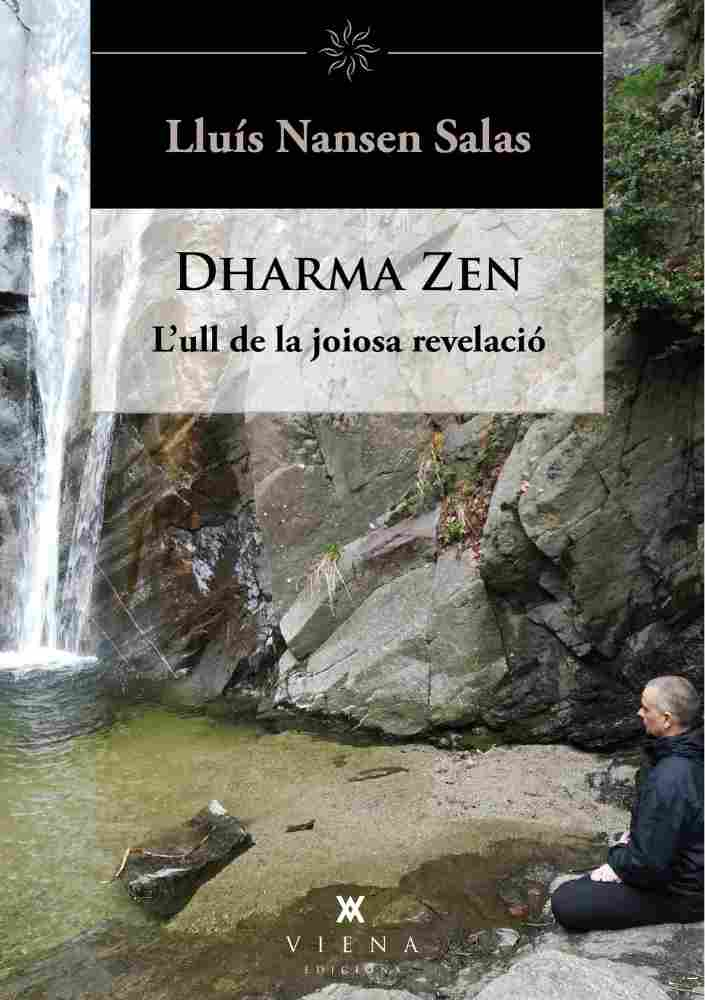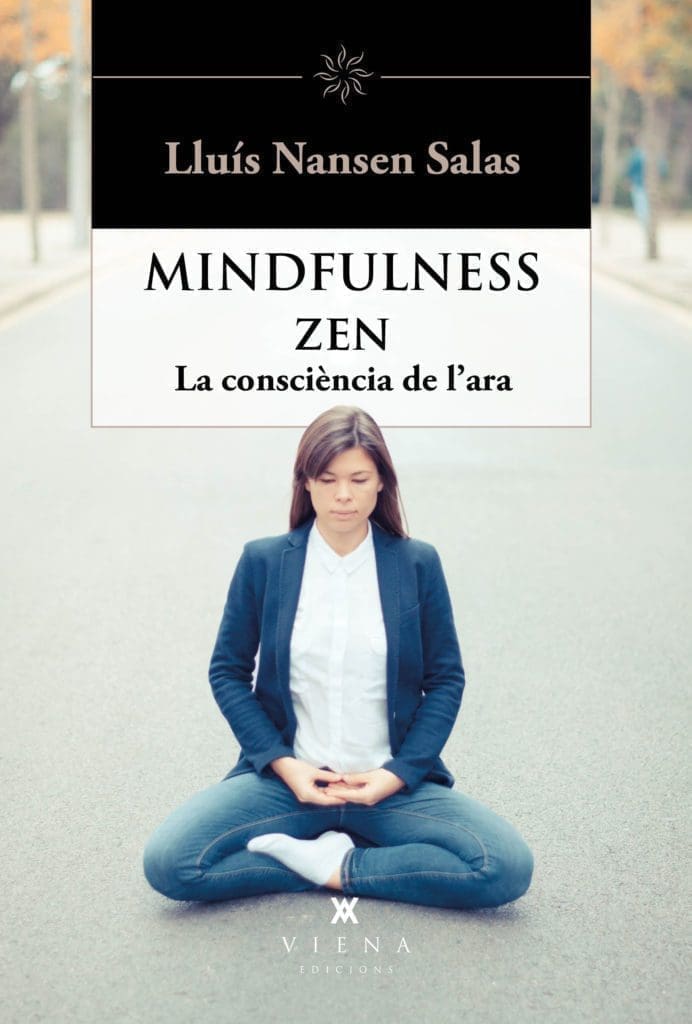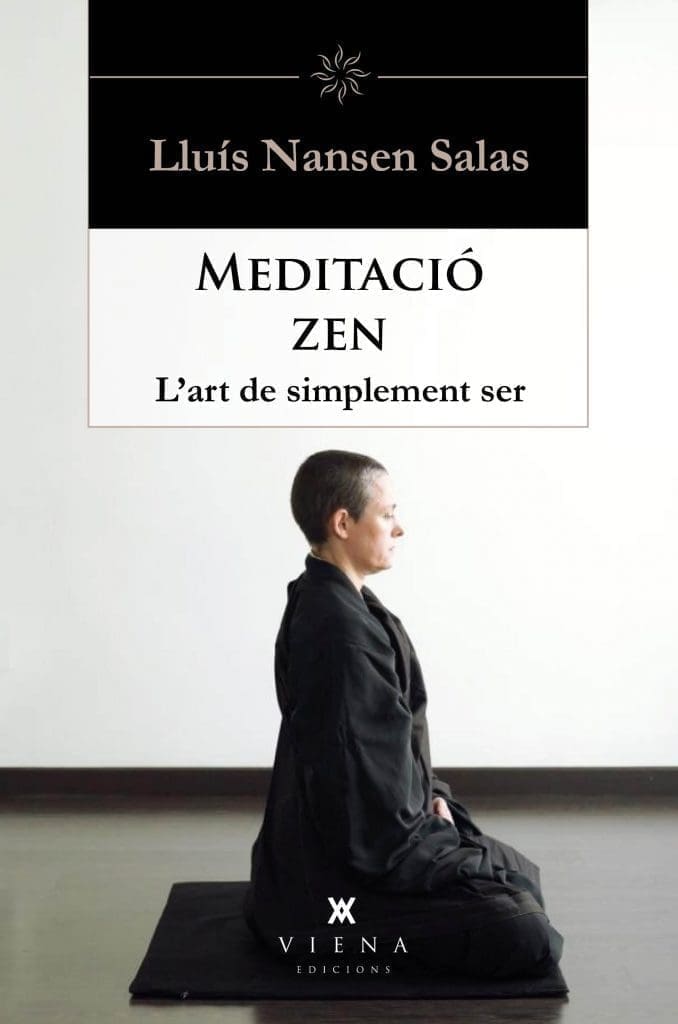When people speak of what is nirvana, it is most common to imagine a paradise — a place of eternal happiness, a goal to be reached, an objective to achieve. Sometimes people ask us: “What you aim for in Zen is to reach nirvana, right?” A question that cannot be answered simply with a yes or a no. Because if we say yes, we would be admitting that we are pursuing a goal, and that would seem like a great contradiction with the attitude of seeking nothing, expecting nothing, which characterizes Zen practice.
On the other hand, if we answer no, we would be denying a fundamental principle of the Buddha’s teaching. The Third Noble Truth states that the cessation of the causes of suffering is possible — and that is Nirvana.
The point is that the question, as it is formulated, assumes that there is a before and an after — that first comes the act of seeking nirvana, and then the result of obtaining nirvana. In Zen, practice and realization are simultaneous and inseparable; the practice itself is nirvana — seeking nothing, expecting nothing.
What is nirvana?
Nirvana means the cessation of the causes of suffering. It is neither a distant place nor a faraway time. It is here and now. Nirvana occurs when we let go of attachments, when we stop following the impulses of our ego that drag us from one place to another. If we are fully present, it can happen right now.
Without wood to burn
An etymological interpretation of “nirvana” is this: nir = without, vana = wood; “without wood,” where “wood” refers to the fuel for the fire. “Without wood” alludes to the extinction of the three fires, or three poisons: ignorance, greed, and hatred. If there is no wood to burn, the fire of ignorance is extinguished — and that is satori, enlightenment. When our selfish impulses, our greed, and our hatred have been extinguished, that is nirvana.
And for this to happen, there is no need to wait for another life or another moment. We can realize it right now. And if we find that we cannot, if we recognize that mere desire is not enough, then we have already understood that it is necessary to follow a path — a Way — in which we continually extinguish these fires: this is the practice of Zen.
Thus, we can once again be truly happy — not with the fleeting happiness we feel when satisfying a desire, but with the genuine freedom of feeling that nothing is missing and nothing is in excess, to live our existence just as it is.
Nansen
From Zen Mediterrani, el despertar universal, Edicions Viena







